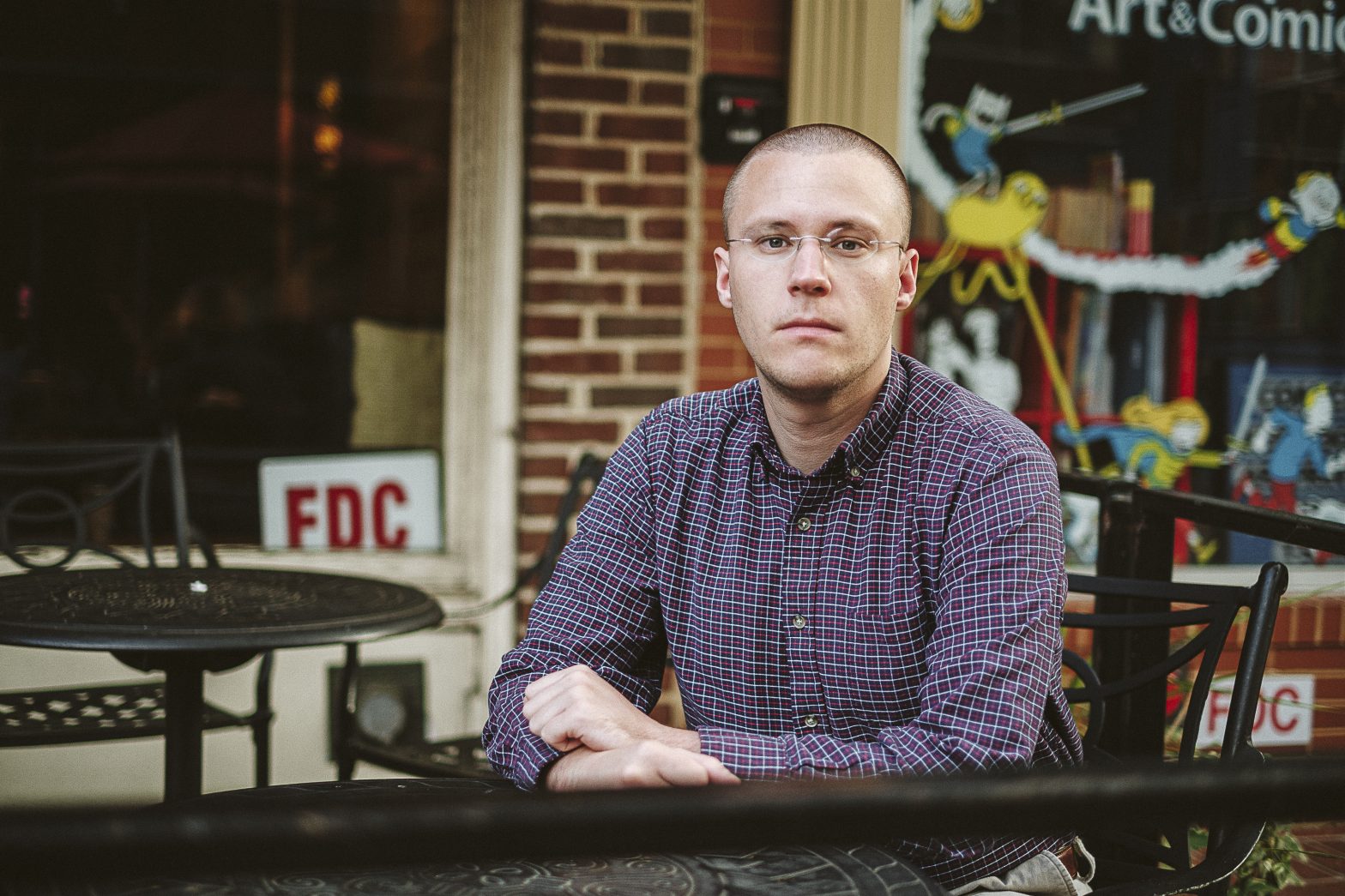The May 1 Charlottesville City Council meeting included a report on area homelessness, funding for affordable housing, and major budgetary allocations.
The session began with a presentation titled Focus on Homelessness: The State of the Unhoused and Unhoused Services, by Misty Graves, director of human services, and leaders from The Haven, People and Congregations Engaged in Ministry, and the Blue Ridge Area Coalition for the Homeless. Although council did not vote on any action items related to the presentation, information regarding the ongoing and anticipated needs of unhoused and housing insecure people in the Charlottes-ville area was provided. Notable takeaways from the presentation included the need for 60 to 70 additional year-round shelter beds, funding for housing departments, and the shifting of Premier Circle into permanent supportive housing.
When discussing the presentation, Councilor Michael Payne said, “I absolutely don’t see … permanent shelter versus housing as an either-or conversation, but 100 percent both-and.” Vice-Mayor Juandiego Wade expressed concern about strengthening housing programs, saying “I know we want to provide more, but I think that if we build a temple, we might get a lot [more unhoused people].” Ultimately, Wade indicated that he was not opposed to strengthening housing programs, but still worried about “the city of Charlottesville doing it all by itself.”
After a brief recess, the meeting reconvened, and budgetary allocations were discussed, followed by a reading of upcoming action items. Items read, but not voted on, include the 2023 City Climate Protection Program—Program Support Grant with LEAP and resolutions to award FY23 Charlottesville affordable housing funds. Several community members spoke about the need for climate action by the city later in the session.
The action item portion of the meeting was packed with major projects and funding allocations. First, council examined the Thomas Jefferson Planning District Commission HOME Consortium Five-year Consolidated Plan and the City of Charlottesville Annual Action Plan.
Prior to the vote, presenters noted that the most common local housing issues are cost burden, lack of affordable rentals, substandard housing, and accessibility. Cost burden specifically is a large issue in the Charlottesville area, with more than 39 percent of households spending more than 30 percent of income on housing.
Both the TJPDC and CCAAP plans aim to address ongoing housing issues in the area. To best meet the need, a majority of Housing and Urban Development funds will go toward producing rental units.
Community Development Block Grant funding is also a component of the plans, and will be used for the Charlottesville critical rehab program, resident-centered redevelopment, microenterprise entrepreneur programs, beginning-level workforce development, coordinated entry into homelessness system of care, and permanent and long-term affordable home ownership opportunities.
City Council voted unanimously to approve the measures.
The next action item—a resolution transferring $1,710,854 of unallocated American Rescue Plan funds—was received less warmly by the City Council members. The money will go toward a new HR system for the city, updating the Americans with Disabilities Act transition plan, and more. While the members did not take issue with the items in the resolution itself, there was a lengthy discussion about the process for allocating ARP funding.
Payne in particular took issue with the fact that council was not involved in the actual decision of who would receive the funding. He said, “We never got to see what other possible allocations were left on the table. [We have] heard just tonight from homelessness … health care workers, climate change implementation—that
are all ARP uses—and I just feel [we have] left opportunities on the table as a city throughout.”
The resolution was ultimately passed 4-1, with Payne voting against the measure. Both of the remaining voting items—
the continuity of government during
COVID-19; supplemental changes and ratification and amending the FY24 budget for the city’s contribution to Jaunt—passed unanimously.
Although it was not voted on during the meeting, City Council also read through a motion appropriating $2,000,000 in FY23 capital improvement program funds for the Stribling Avenue Sidewalk and Buford Middle School reconfiguration. It’s anticipated that both projects will make major headway soon, despite upcoming litigation about Stribling Avenue. Deputy City Manager for Operations Sam Sanders said, “there’s a lot of preliminary work … in regard to the design and working out some of the many conflicts that were identified by the city engineer.”
A second hearing on the projects will occur during the next City Council meeting on May 15.
